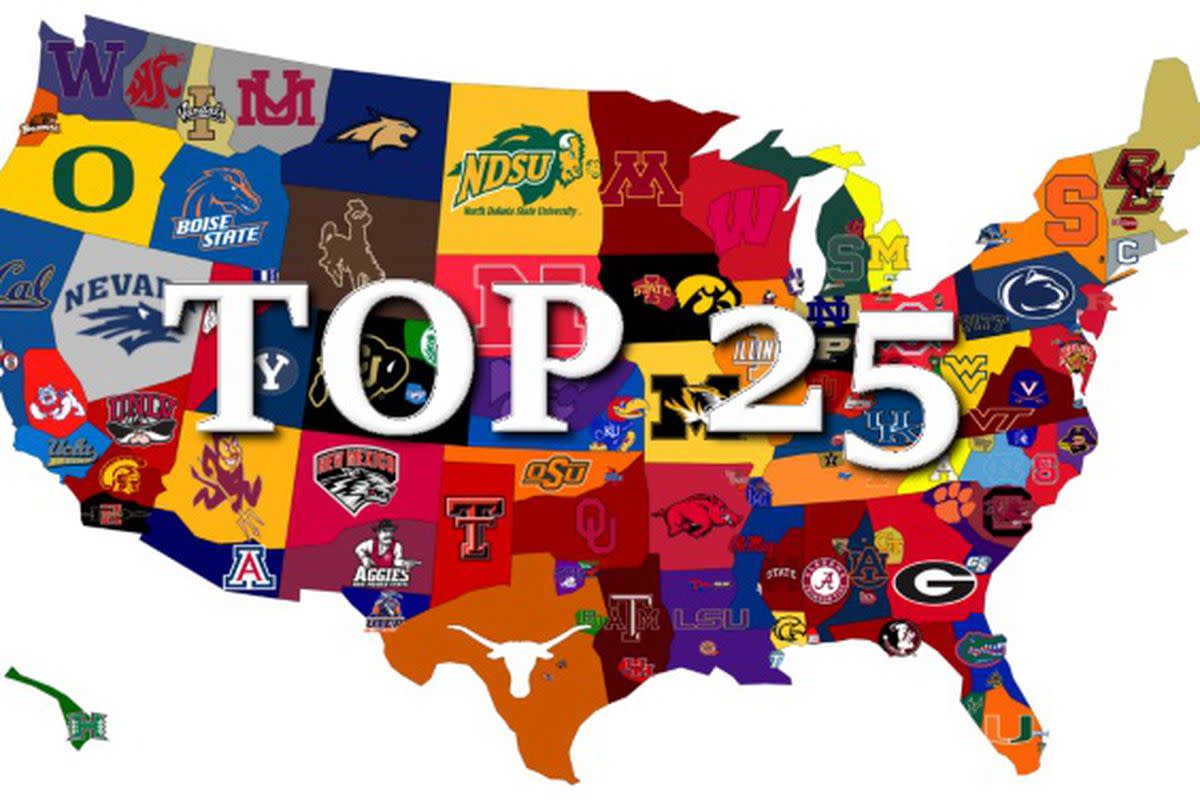Benifits of Scientific Conferences
Society for Neuroscience Annual Meeting

Often research communities organise regional, national and international conferences. The main goals of conference or symposium are to present, exchange and discuss current work or discoveries in respective research fields. The conference programs include poster presentation, featured lectures, special lectures, symposia, panel discussions and workshops. Most of the poster presentations are of unpublished preliminary data. The talks, may be about 30-45 minutes, are usually presented by eminent scientists within the field. The panel discussion can be debating on current research topics or problems from the field. If you have chosen researcher as your career than you should attend and actively participate in scholarly meetings.
The scientific conference can be organized with few scientists coming together to discuss on any specific area of research. Alternatively, it can be a large gathering. For example, Society for Neurosciences organizes annual meeting attended by more than 35,000 neuroscience professionals from all over the world (www.sfn.org).
In every field of science there will be a Scientific Conference Committee which is responsible for organizing scientific meetings. The members on the committee are outstanding scientists in the field. They take responsibilities to identify the topics for the conference. Usually, the topic will be of unresolved problems in the field. The committee is nominated by other scientists in the field or elected by members of the society. To participate in any specific meetings you have to register and become a regular member of that particular society. There will be a nominal fee to join any scientific body. Usually research institutes support students and scholars monetarily for meetings. That includes travel and lodging expenses, registration fee, etc.
Benefits of attending scientific meetings
- The attendance and presentation of your research work in any scientific meetings can be stated in your resume/CV. It is considered as professional experience/activity.
- You can learn new ideas. There will be a number of novel works presented in the form of posters at meetings. By visiting posters of your interest and discussing with the presenter you can update your knowledge in the field, and also can learn new theories in the area.
- You can build a strong professional and social network. Scientific meetings are attended by researchers of all ranks. It provides a platform to meet and discuss your research interest with them and to develop contacts. Developing professional and social network will help your research career that includes finding future jobs.
- Several scientific meetings also conduct workshops in advanced techniques or methodologies. By registering and participating, you can update your technical skills.
- Conferences also feature career development programs such as tips to write grant applications. Writing successful grants is an essential skill that has to be developed to thrive in the research field. The fee for such programs will be nominal, and you can take advantage of it.
- Many meetings also organizing spot job interviews and recruitment. Additionally, many Principal Investigators from different laboratories will be at the same venue. If you are interested to join any particular group, you will get a chance to meet them personally to express your interest.
- Science meeting helps you to get a chance to improve your presentation skills, an important attribute needed for a researcher.
- Several companies will be exhibiting the products related to that particular research field. The industry brings newly developed instruments or techniques to demonstrate and to market.You can visit their booth and get the glimpse of current technologies.
- Depending on the conference venue, you can plan local tours and entertainment activities.
So, keep looking for upcoming scientific meetings in your research area and make sure to attend and get full benefits of it. You can find information about forthcoming meetings by registering to societies in your field, and also checking through some web pages such as Nature event’s directory (http://www.nature.com/natureevents/science/).
Good Luck!
- How much important is garlic in our regular diet?
I believe that most of us are aware about garlic’s usage in food and herbal drug preparations, still I chose to write this hub to stress its continued importance in medical research field. - How much you know about Neuropathic pain?
Neuropathic pain develops from a lesion or disease affecting our nervous system. Despite the availability of a wide range of analgesic drugs, chronic neuropathic pain still remains a major health concern for any society.









